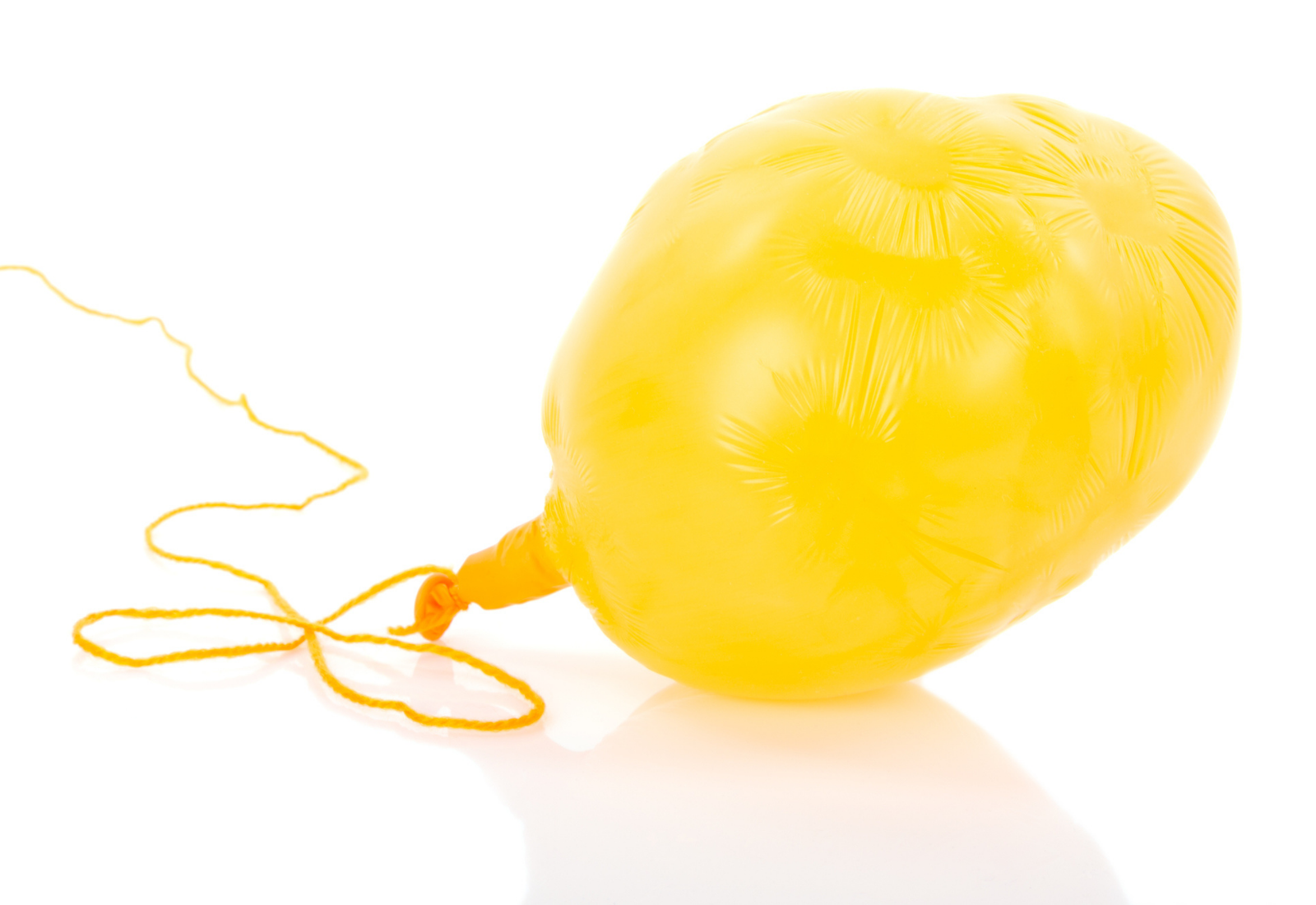
03 Sep The End of Sisley’s Challenge to the DEA

Well, it’s over (for now) for Suzanne Sisley. As we covered last year, Sisley, et al. v. U.S. Drug Enforcement Administration, et al., Case No. 20-71433, was an appellate case filed by a group of scientists and veterans that had sued the DEA in May 2020. They, like so many others, argued that the DEA’s legal basis for keeping marijuana classified as Schedule I drug was unconstitutional – raising questions about the DEA’s reliance on scheduling standards that were not only arbitrary, but allegedly misinterpret federal law.
Interestingly, last summer, the Ninth Circuit Court of Appeals had issued an Order denying the DEA’s motion to dismiss the petitioner’s lawsuit for failure to exhaust administrative remedies for the time being. As a recap, the exhaustion of remedies doctrine requires that administrative or other non-judicial avenues be pursued and “exhausted” prior to entering the court system. Based on this doctrine, the courts have regularly dismissed these petitions and left the issue to the DEA, which has continued its longstanding practice of essentially ignoring any and all petitions to reschedule marijuana for decades. At the time, the fact that the Ninth Circuit leaned towards reviewing Sisley’s arguments on their merits was a sign of progress.
After a lot of delay and supplemental briefing, oral argument was heard on June 10, 2021. And this week, the Court issued its opinion dismissing the action for – wait for it – Sisley’s failure to exhaust administrative remedies. The opinion states:
“Section 811(a) tasks the Attorney General with scheduling, rescheduling, or removing from the schedules drugs or other substances by rulemaking. As we noted above, such proceedings “may be initiated by the Attorney General (1) on his own motion, (2) at the request of the [HHS] Secretary, or (3) on the petition of any interested party.” 21 U.S.C. § 811(a) (emphasis added). Congress thus expressly authorized individuals to petition the DEA—not the courts directly—to schedule, reschedule, or remove a substance.”
It’s unclear what Sisley will do next. There are a few options available for them, including filing their own DEA petition and restarting the process, petitioning for a rehearing, or appealing to the US Supreme Court; but it’s an anti-climactic end to a promising case. The silver lining for the industry here is in a concurring opinion by Judge Paul Watford that suggested Sisley may have won if the merits were considered:
“I agree that the petitioners in this case failed to exhaust their administrative remedies and therefore join the court’s opinion dismissing their petition for review. I write separately to note that, in an appropriate case, the Drug Enforcement Administration may well be obliged to initiate a reclassification proceeding for marijuana, given the strength of petitioners’ arguments that the agency has misinterpreted the controlling statute by concluding that marijuana ‘has no currently accepted medical use in treatment in the United States.’”
It certainly isn’t the win we hoped for, but we’ll be looking out for any developments that further suggest this must-needed change is coming sooner than later.


Sorry, the comment form is closed at this time.